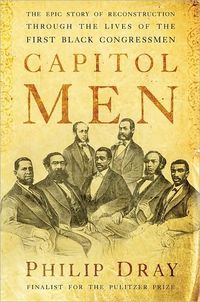

Writers Voice- in depth conversation with writers of all genres, on the air since 2004. Her book is Pandora’s Jar: Women In The Greek Myths. Then, classics scholar Natalie Haynes tells us about her feminist interpretation of the ancient Greek myths and plays. Despite the shock, no one was held to account. It’s about how the nation was shocked when a local Black man was lynched in 1892 in the supposedly enlightened North.

“You don’t really know what lynching was until you read Dray’s ghastly accounts of public butchery and official complicity.This week on Writer’s Voice, we talk with historian Philip Dray about his book, A Lynching at Port Jervis: Race and Reckoning in the Gilded Age. “You don’t really know what lynching was until you read Dray’s ghastly accounts of public butchery and official complicity.” - Time “An important and courageous book, well written, meticulously researched, and carefully argued.” - The Boston Globe It is the most comprehensive social history of this shameful subject in almost seventy years and should be recognized as a major addition to the bibliography of American race relations.” -David Levering Lewis “A powerfully written, admirably perceptive synthesis of the vast literature on lynching. “In this history of lynching in the post-Reconstruction South-the most comprehensive of its kind-the author has written what amounts to a Black Book of American race relations.” - The New Yorker Praise for At the Hands of Persons Unknown This landmark book follows the trajectory of both forces over American history-and makes lynching’s legacy belong to us all. If lynching is emblematic of what is worst about America, their fight may stand for what is best: the commitment to justice and fairness and the conviction that one individual’s sense of right can suffice to defy the gravest of wrongs. Wells, James Weldon Johnson, Walter White, and W.E.B. Philip Dray also tells the story of the men and women who led the long and difficult fight to expose and eradicate lynching, including Ida B. This extraordinary account of lynching in America, by acclaimed civil rights historian Philip Dray, shines a clear, bright light on American history’s darkest stain-illuminating its causes, perpetrators, apologists, and victims. “A landmark work of unflinching scholarship.”- The New York Times.WINNER OF THE SOUTHERN BOOK CRITICS CIRCLE AWARD FOR NONFICTION


 0 kommentar(er)
0 kommentar(er)
